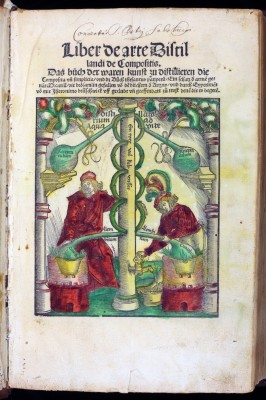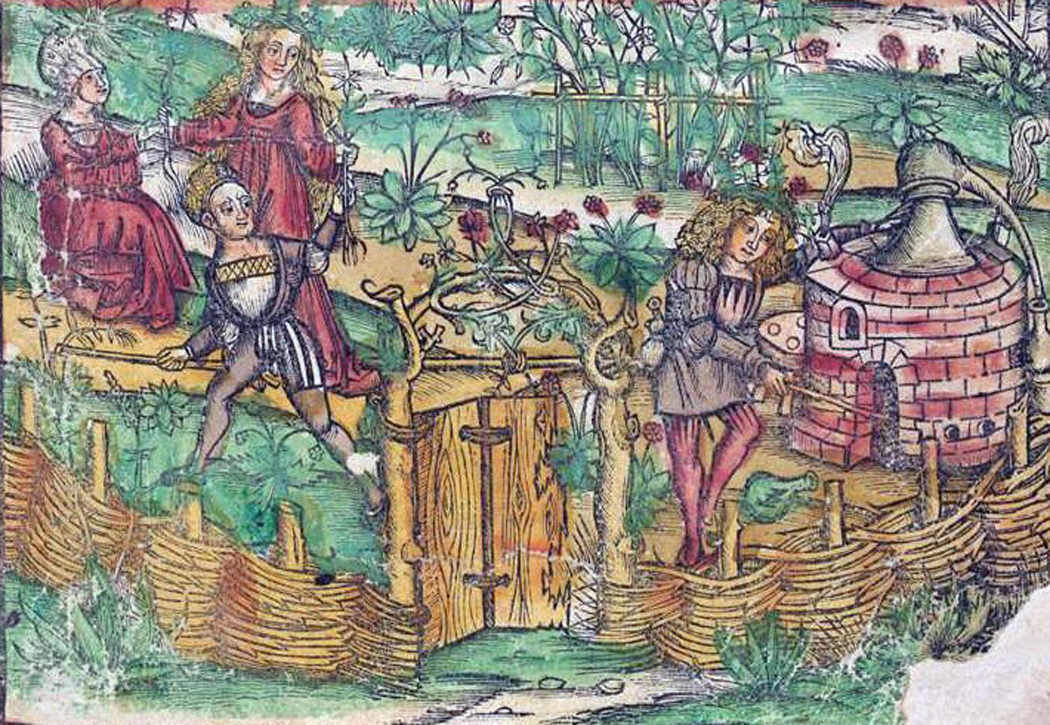The Making and Knowing Project Studies the Early Modern Workshops and Laboratories
Early modern recipes, books of secrets, how-to-manuals all contain descriptions of workshop practices. These genres are being copiously studied in connection with a new research program at Columbia University: Making and Knowing Project.
Historians have long acknowledged the foundational importance of craft knowledge to the development of modern science.
In recent years, historians of science have investigated the relationship of craft practice to various learned communities in early modern Europe, such as humanities scholars, medical practitioners, (al)chemists, and advocates of the “new experimental philosophy.”
Simultaneously, historians of science, technology, material culture, and book history have become increasingly interested in the genre of early modern recipes, books of secrets, and how-to manuals that shed light on a remarkable transition in European society, when previously illiterate craftspeople began writing down their working procedures.

This research cluster contributes to both these strands of scholarship in the history of science by investigating the descriptions of workshop practice contained in an unpublished sixteenth-century manuscript.
A diverse range of humanities students and scholars working alongside scientists in both a digital workspace and a laboratory will reconstruct the technical procedures contained in this historical source. Researchers from Columbia and other institutions (Bard Graduate College, University of Amsterdam, Glasgow University and the V&A Museum, London) in history, art history, art and technical conservation, chemistry, and digital humanities will collaborate to produce an open-source digital critical edition of this valuable sixteenth-century manuscript.
Each year a laboratory course (see syllabus, Assignments One and Two) will be offered to humanities, social science, and science students that combines historical research on fifteenth and sixteenth-century sources with hands-on work in the laboratory. In addition to the open-access research products and the curriculum development included in this project, this cluster also brings together natural scientists, a variety of scholars in the humanities, and the broader public by means of a speaker series on the reconstruction of crucial scientific experiments.
A collective research group on embodied cognition and skill is set to launch in 2015 that includes anthropologists of skill, historians of art, members of improvisational research in jazz studies, English literature, psychologists, neuroscientists working on cognition, and scholars in dance and movement studies in order to identify promising areas of cross fertilization in the study of embodied cognition.
The Making and Knowing project is led by Seth Low Professor of History Pamela Smith (Columbia University, Director of the Center for Science and Society).
The Making and Knowing Project gratefully acknowledges the support of:
The National Science Foundation, Grant #1430843 The Role of Tacit Knowledge in Experimentation (2014-17)
The Maurice I. Parisier Foundation
SOURCE:
FEATURED ILLUSTRATION:
Illustration from Liber de arte distillandi simplicia et composita (1500) by Hieronymus Brunschwig
